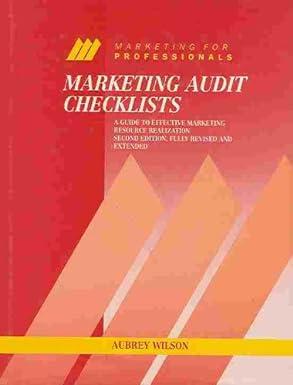Question
Task 1 The IMF is an independent international organization. It is a cooperative of 185 member countries, whose objective is to promote world economic stability
Task 1
The IMF is an independent international organization. It is a cooperative of 185 member countries, whose objective is to promote world economic stability and growth.1 The member countries are the shareholders of the cooperative, providing the capital of the IMF through quota subscriptions. In return, the IMF provides its members with macroeconomic policy advice, financing in times of balance of payments need, and technical assistance and training to improve national economic management. (https://www.imf.org/external/pubs/ft/imfhb/eng/handbook.pdf)
Various functions of IMF include :
Surveillance over members economic policies
Financing temporary balance of payment needs
Combating poverty in low-income countries
Mobilizing external financing
Strengthening the international monetary system
Increasing the global supply of international reserves
Building capacity through technical assistance and training
Dissemination of information and research
Question 1 Describe various lending facilities to avail finance from IMF. Give relevant examples of the countries having availed finances under various facilities.
Task 2
The Sarbanes-Oxley Act came into force in July 2002 and introduced major changes to the regulation of corporate governance and financial practice. It is named after Senator Paul Sarbanes and Representative Michael Oxley, who were its main architects, and it set a number of non-negotiable deadlines for compliance.
The Sarbanes-Oxley Act is arranged into eleven 'titles'. As far as compliance is concerned, the most important sections within these eleven titles are usually considered to be 302, 401, 404, 409, 802 and 906.
An over-arching public company accounting board was also established by the act, which was introduced amidst a host of publicity. (https://www.soxlaw.com/introduction.htm)
Question 2 Critically analyze the impact of the given sections of Sarbane Oxley Act 2002 on the Auditing Profession.
TASK 3 IFRS 15 establishes the principles that an entity applies when reporting information about the nature, amount, timing and uncertainty of revenue and cash flows from a contract with a customer. Applying IFRS 15, an entity recognises revenue to depict the transfer of promised goods or services to the customer in an amount that reflects the consideration to which the entity expects to be entitled in exchange for those goods or services. (https://www.ifrs.org/issued-standards/list-of-standards/ifrs-15-revenue-from-contracts-with-customers/)
Analyze the following contract and answer the questions given under:
Contract.
On July 1, 2015, Sabri Inc. entered into a contract to deliver one of its specialty machines to Kickapoo Landscaping Co. The contract requires Kickapoo to pay the contract price of $2,500 in advance on July 15, 2015. Kickapoo pays Sabri on July 15, 2015, and Sabri delivers the machine (with cost of $1,600) on July 31, 2015.
Questions:
3a Prepare the journal entry on July 1, 2015, for Sabri. 3 marks
3b Prepare the journal entry on July 15, 2015, for Sabri. 3 marks
3c Prepare the journal entry on July 31, 2015, for Sabri. 3 marks
Presentation 1 mark
TOTAL 10 marks
--------------------------End of Assignment----------------------------
Important Instructions:
-
Your assignment should be neatly typed on A-4 size paper.
-
Font type and size: Times New Roman 12
-
Word count should not exceed 2500 words excluding the tables, calculations and references, please ensure that your answers include all relevant information, data etc.
-
There should be proper referencing
Step by Step Solution
There are 3 Steps involved in it
Step: 1

Get Instant Access to Expert-Tailored Solutions
See step-by-step solutions with expert insights and AI powered tools for academic success
Step: 2

Step: 3

Ace Your Homework with AI
Get the answers you need in no time with our AI-driven, step-by-step assistance
Get Started


